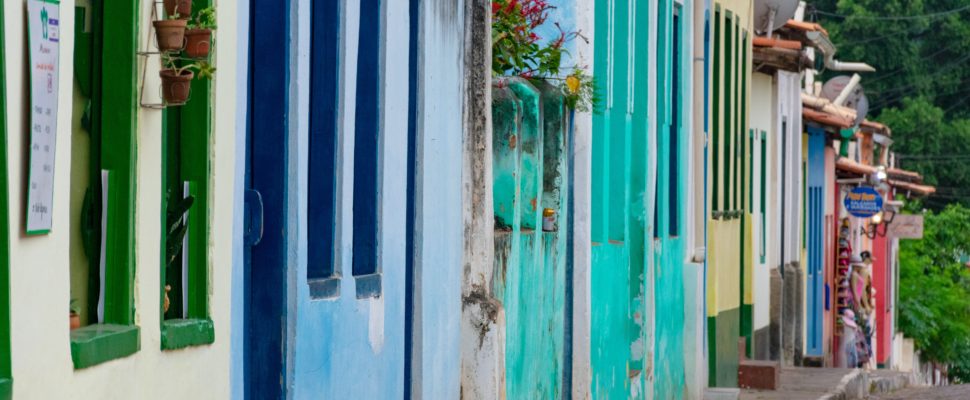Below we highlight recent news in Brazilian pharma, including the impact of coronavirus as well as legal and regulatory updates.
Proposal to allow breaking of patents due to Covid-19
A proposal has been made to amend an intellectual property law, adding a clause on allowing compulsory licenses and breaking patents on certain medicines in cases of pandemics. For the duration of the pandemic period, the company holding the patent would continue to be remunerated, with a percentage of 1.5% of the marketed price, but the amendment would allow other companies to produce and sell the product. Some drug companies are already voluntarily giving up their patents to increase the supply of medicines that can fight Covid-19. Two companies giving up patents are Medtronic, which made artificial respirator machines’ source code open, and Abbvie, which opened its patent for antiretroviral drugs. The amendment has been supported by numerous Brazilian leaders, who emphasize that Congress should approve it as soon as possible to save lives. However, the pharma research industry association Interfarma opposes the amendment, stating that it “represents a threat to research and development of new treatments.”
Read more on Panorama Farmaceutico
Brazil’s GDP predicted to suffer from three shocks in 2020
The World Bank predicts the current economic crisis initiated by the recent coronavirus pandemic to lower Latin America’s GDP by 4.6% this year, and Brazil’s an even lower 5%. Though experts predict economies to begin to recover in 2021, the World Bank notes three areas where Brazil will be hardest hit. First, Brazil’s internal economic activity will suffer a decline, particularly in the tourism and aviation sectors as well as non-essential goods. Second, the external demand for products from Brazil will greatly impact the economy. The inability to export goods such as agricultural commodities to countries like China and the US, two of Brazil’s top importers, will contribute to the drop in GDP. Finally, the decline in global oil prices will impact Brazil’s state-owned petroleum company Petrobras, and exports will take a further hit.
Medical cannabis products can now be ordered digitally, according to Anvisa
Brazil opened up its medical marijuana policy in 2017 to allow cannabis-based medicines to be sold, the first of which was GW Pharmaceuticals’ Sativex. Now, the country’s health surveillance agency Anvisa has authorised the ordering of medical cannabis products to be completed digitally. The authorisation will be valid for five years and is required to market, import or manufacture cannabis-based products.
President Bolsonaro vetoes digital prescriptions without certification
A bill that would allow patients to obtain digital prescriptions during the coronavirus pandemic has been vetoed by President Jair Bolsonaro. The veto was justified by stating that the digital prescriptions could be easy to tamper with and lead to abuse of opioids and other similar drugs. For now, only physical prescriptions or prescriptions with doctors’ certified digital signatures will be valid. Another veto regarding telemedicine has also been put into place, with the government stating that telemedicine activities should be regulated by law, rather than the Federal Council of Medicine, after the end of the pandemic.
Read more on Panorama Farmaceutico
Anvisa changes distribution rules related to practices on transport and storage of drugs
The Brazilian national health surveillance agency Anvisa has published some important changes in the legal requirements in the pharmaceutical distribution chain. Some of the regulations involve temperature controls, verification, and reintegration of recovered drugs after theft.


